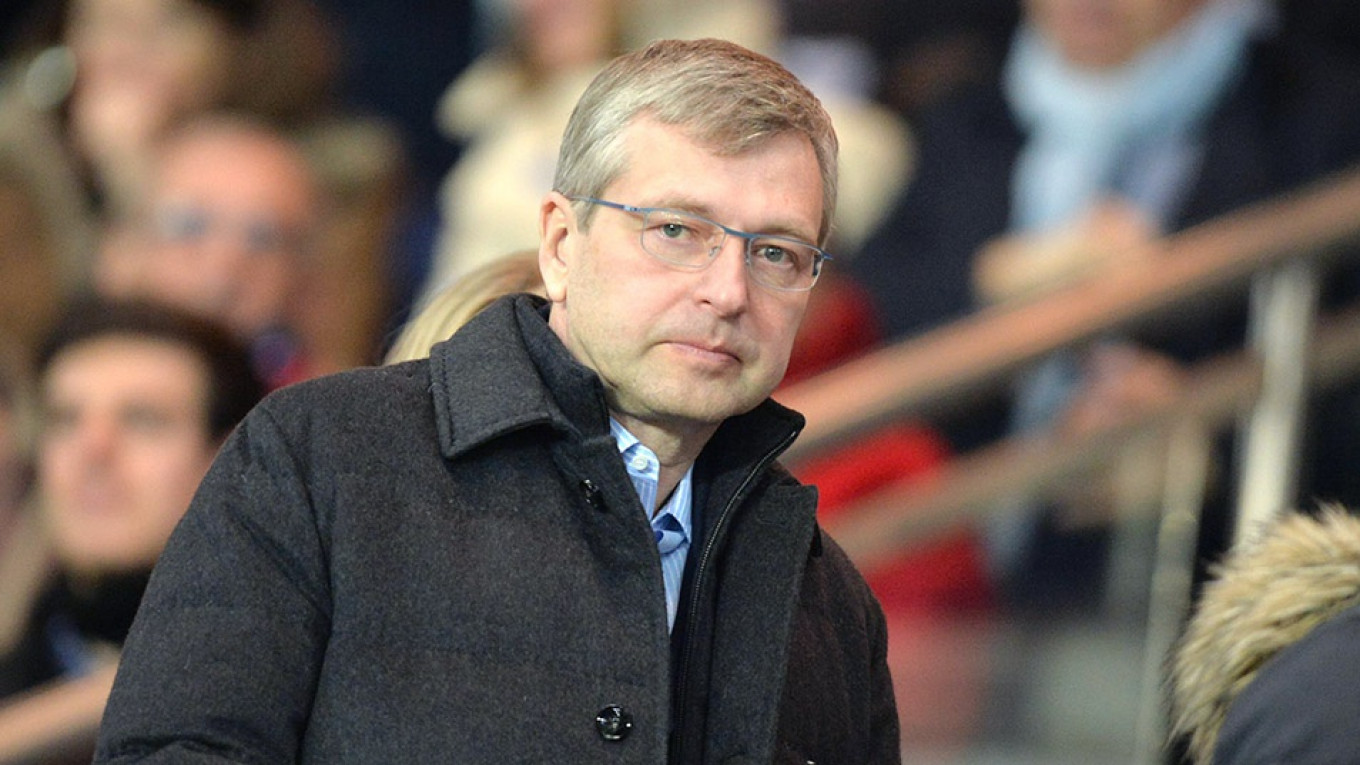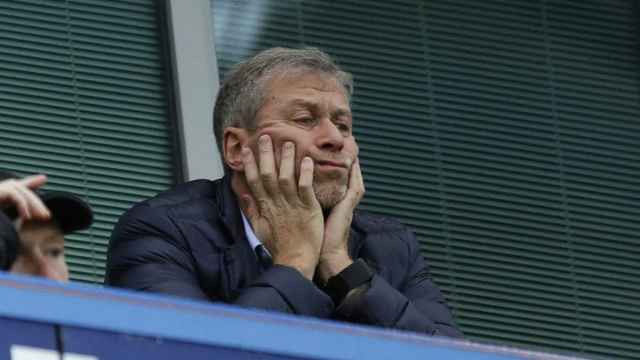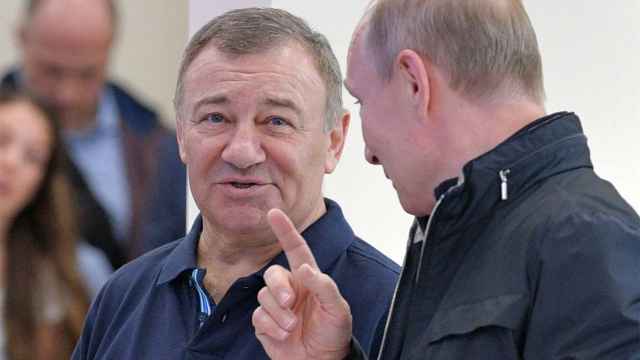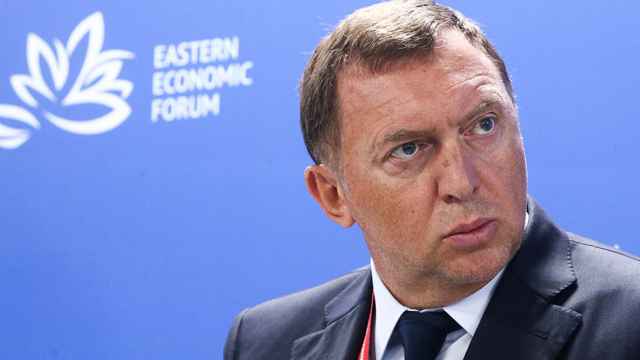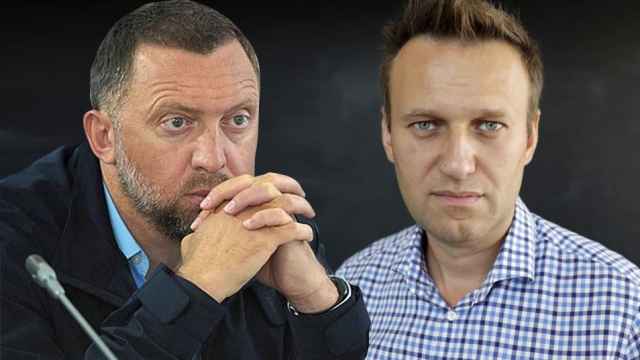A judge in Monaco has declared Russian billionaire Dmitry Rybolovlev a formal suspect in a probe into corruption and influence-peddling, the principality's chief prosecutor said on Wednesday, after police questioned him for 24 hours.
The judge has been investigating for more than a year whether the fertilizer tycoon, who owns football club AS Monaco, sought to influence Monaco's law enforcement officials in a long-running dispute with Swiss art dealer Yves Bouvier.
The Russian alleges Bouvier conned him out of $1 billion by inflating the price of 38 pieces of art he bought over a 10-year period. Rybolovlev is suing his former art adviser in Monaco, Singapore and Switzerland. Bouvier has denied wrongdoing.
"He has been released subject to controls," prosecutor Sylvie Petit-Leclair told Reuters. Petit-Leclair said she had not yet been informed by the judge of what charges Rybolovlev would face if the case proceeded to trial.
In a statement, Rybolovlev's Monaco lawyers said he had been released and although his movements were not restrained, he was barred from meeting certain people. "We particularly insist on the fact that, at this stage, Mr. Rybolovlev is presumed innocent," they added.
Representatives of Rybolovlev in Russia confirmed he had been released from police custody but declined to make any immediate further comment.
Under the legal systems in France and Monaco, a suspect is placed under formal investigation if a magistrate believes there is serious or consistent evidence pointing to a crime. He is not formally charged unless he is sent to trial.
Rybolovlev spent more than $2 billion buying 38 masterpieces from Bouvier between 2003 and 2014.
In 2017, Rybolovlev sold one of those pieces, Leonardo da Vinci's portrait of Christ "Salvator Mundi," for $450 million at a Christie's auction, making it the most expensive painting ever sold.
A Message from The Moscow Times:
Dear readers,
We are facing unprecedented challenges. Russia's Prosecutor General's Office has designated The Moscow Times as an "undesirable" organization, criminalizing our work and putting our staff at risk of prosecution. This follows our earlier unjust labeling as a "foreign agent."
These actions are direct attempts to silence independent journalism in Russia. The authorities claim our work "discredits the decisions of the Russian leadership." We see things differently: we strive to provide accurate, unbiased reporting on Russia.
We, the journalists of The Moscow Times, refuse to be silenced. But to continue our work, we need your help.
Your support, no matter how small, makes a world of difference. If you can, please support us monthly starting from just $2. It's quick to set up, and every contribution makes a significant impact.
By supporting The Moscow Times, you're defending open, independent journalism in the face of repression. Thank you for standing with us.
Remind me later.


